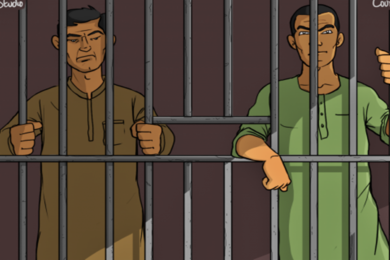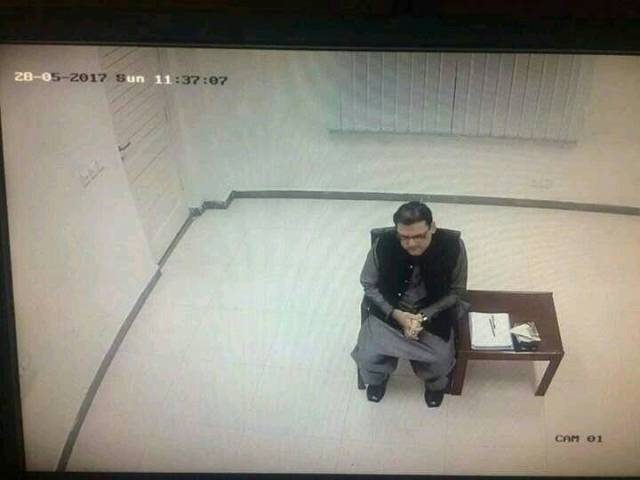The media has emerged as one of the most powerful sources of public information. While its reach has enabled citizens to stay informed, this influence also raises complex legal and ethical questions, particularly in criminal proceedings. A growing reliance on media content blurs the distinction between public interest and public curiosity, often at the expense of the rights of accused individuals and victims.
Right of Accused to Testify and be Represented
When we talk about the right of the accused in a criminal trial, two fundamental and inalienable rights which come to mind are the right to […]
Overhaul Bail Law!
Bail is granted as a matter of right in bailable offences, however, once arrested in a general non-bailable offence, the accused has to bring his or […]
Pak-Turk Schools Case and Proposals for Regulating Supreme Court’s Powers Under A.184(3)
Pak-Turk Schools Case and Proposals for Regulating Supreme Court’s Powers Under A.184(3) [Download the Supreme Court’s judgment in the Pak-Turk Schools case here: SC Judgment – Pak Turk […]
Pakistan’s Juvenile Justice
Pakistan’s Juvenile Justice Pakistan is a signatory to the Convention on the Rights of Child (CRC). Article 37 of the CRC asks state parties to ensure the […]
Call For Papers: The Human Rights Review, Volume 6
Call For Papers: The Human Rights Review, Volume 6 University College Lahore and the American Bar Association-Rule of MB2-712 dumps Law Initiative’s collaborative venture, The Human […]
The Concept Of Rule Of Law And Whether Pakistan Fulfills Its Requirements
The Concept Of Rule Of Law And Whether Pakistan Fulfills Its Requirements The rule of law is a concept which is capable of different interpretations by […]
Fair Play, Natural Justice And Due Process In Child Custody Proceedings
Application Of The Principles Of Fair Play, Natural Justice And Due Process, In Guardianship / Child Custody Proceedings According to Article 4 of the Constitution of Pakistan, […]
Nothing Unusual About Hussain Nawaz’s Leaked Picture
Nothing Unusual About Hussain Nawaz’s Leaked Picture It was surprising to watch the Pakistan Muslim League-Nawaz (PML-N) react to the Joint Investigation Team (JIT), probing the […]
Groping In The Dark
Groping In The Dark Operation Radd-ul-Fasaad has been launched in the aftermath of the recent deadly suicide attack at Sehwan Sharif. The blast claimed lives of […]
Live Recording Of Court Proceedings
Live Recording Of Court Proceedings Video and audio recording of court proceedings is the future of law. In Pakistan where there is an extremely large number […]
To Bail Or Not To Bail?
To Bail Or Not To Bail? It is a universally recognized principle that wherever there is inequality, there cannot be justice. Equality and justice are two […]
Licence To Kill
Licence To Kill Vigilante justice has become a norm in Pakistan. Supporters of vigilante justice justify their actions by quoting the poor law and order situation […]
A Time To Kill – Movie Review
A Time To Kill – Movie Review The Low-Down: A Time To Kill is a compelling and tense legal thriller based on John Grisham’s first novel. […]
Bangladesh On Trial
Bangladesh On Trial The atrocities perpetrated by all the sides in East Pakistan in 1971 were reprehensible. For its excesses, Pakistan expressed regret to the people […]
Beyond Morality And Legality
Beyond Morality And Legality “Piety and moral conduct construct the countries and prolong the ages” says Imam Jafar Sadiq. Moral intellectualism is a view according to […]
Justice For The Rich
Justice For The Rich The poor in this country are not only stricken by the grief and direct consequences of their low financial status, but face […]





